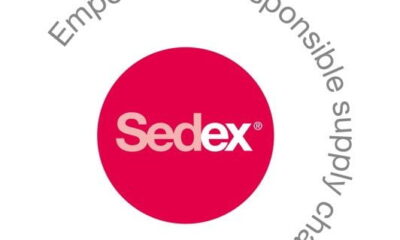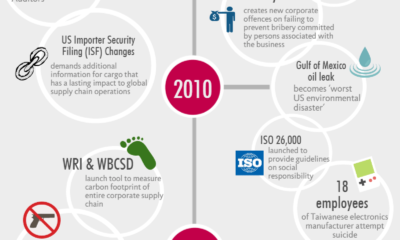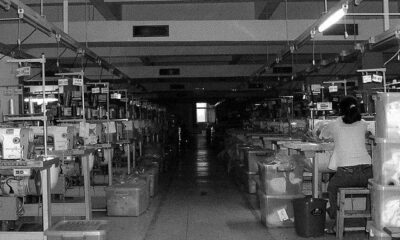

Economy
Nearly 36 million people worldwide, or 0.5% of the world’s population, live in modern slavery
As of October 2015, the UK Modern Slavery Act will require companies with a turnover of more than £36 million that supply goods and services and carry on a business, or part of a business, in any part of the UK, to publish an annual slavery and human trafficking statement.
Over 12,000 companies and their UK and international supply chains will be affected by this threshold. Many companies are already working on their statements to ensure that they are in place for their next annual reporting cycle.
To help them navigate this new challenge, identify and tackle modern slavery in their business and supply chains, Sedex has released a new briefing. The briefing provides an overview of the UK Modern Slavery Act, outlines its implications for business and details how Sedex can help companies meet the requirements of the Modern Slavery Act.
Points covered include:
– Indicators of forced labour and factors that increase workers’ vulnerability to labour exploitation
– Overview of the UK Modern Slavery Act and the Transparency in Supply Chains clause and their implications for businesses
– What the reporting for the Transparency in Supply Chains clause require?
– Guidance on how Sedex can help companies meet the requirements of the Modern Slavery Act
The Sedex model provides a simple and efficient way to engage with suppliers using a scalable approach in the key areas including supply chain mapping, self assessment, risk assessment, auditing, and providing reporting tools and capability building tools.
You can download the new briefing here.


 Features11 months ago
Features11 months agoEco-Friendly Cryptocurrencies: Sustainable Investment Choices

 Energy11 months ago
Energy11 months agoThe Growing Role of Solar Panels in Ireland’s Energy Future

 Energy10 months ago
Energy10 months agoGrowth of Solar Power in Dublin: A Sustainable Revolution

 Energy10 months ago
Energy10 months agoRenewable Energy Adoption Can Combat Climate Change





























